Home » The Supply of Kratom
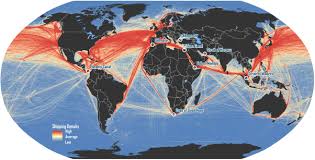
The Supply of Kratom
- Anthony Dent, Founding Member
- One Comment
When you can’t go through, go around.
Or, by the FDA’s insistence, you stop things from moving around. With their campaign to ban kratom in American losing steam and facing bipartisan opposition, the FDA is trying to go low.
The FDA’s history against kratom
In the four years since the FDA failed to have kratom banned – rather emphatically at that – they’ve been hard at work to vilify the community and plant. Then, in 2017, they discarded the cumbersome requisites of science and labelled kratom an opiate. The FDA tried to leverage individual states to ban kratom in 2019. The the Kratom Consumer Protection Act thwarted this motion. The KCPA handles the protections of kratom legalization much as the cannabis industry addressed their battle against prohibition; utilizing states rights to bypass federal organizations. But the FDA is insistent.
Later in the year, they issued an import alert. Within were the same claims they’ve been trumpeting for years; that it carries the same risks as the dangerous prescription narcotics that they’ve been approving and pushing for years.
Wait a second…
At least they’re transparent. As they haven’t worked out a way to make money from kratom, and they can’t stomach the thought of losing their cash cow of opiates, their only solution is to ban it. Except the American public, and increasingly, the legislative officials representing them, are widely against this.
The new strategy against kratom
Look no further than this unconscionable incident from South Carolina back in February. The FDA seized 28 tons of kratom in an expensive operation – funded by tax dollars from citizens who strongly rebuked such action – and it cost them 30,000$ alone to ship it to a hazardous waste facility.
Hazardous waste? I think they’re confusing their boardroom meetings with kratom.
Either way, it’s indicative of the FDA’s new strategy to combat kratom. As more states adopt the KCPA and enact laws to protect the sale, use, and possession of kratom, the FDA has realized its one shot is to prevent kratom from reaching retailers. And it gets worse; even when a judge allowed this shipment of kratom to progress to its buyer, the FDA came back, this time using the U.S Marshals, using a federal enforcement branch to supersede the state’s ruling. It’s not just science the FDA disregards; its law.
Scott Gottlieb, the prior director of the FDA, has mercifully moved onto greener pastures. Since, the FDA has been focusing on more relevant topics, such as, oh, I don’t know, their job. But there might be a precedent being set. As soon as the American Kratom Association scores a victory, the FDA finds a way around it. Now, in an atmosphere where the AKA has already received some favor in pushing the KCPA, they’ll be forced to turn around and try to pass new legislation to protect against this. The problem is, however, that they may not be able to.
Shipping and Kratom: Where next?
The FDA is targeting shippers like UPS and DHL. Their goal is to prevent kratom from ever reaching American shores. If it arrives, they hope to bypass whatever protection laws exist, and seize it. The soft power the FDA exerts is significant. While they may not have the authority to compel private shipping industries to cessate certain operations, as a federal organization, they can install all sorts of punitive or dissuading measures to get their way.
It’s a bittersweet situation. In some ways, it represents a clear victory for the American people and the kratom community. The FDA feels so bashful from their hamfisted, unpopular, and draconic attempts to ban this innocuous plant that its users are more keen to compare to coffee than anything, that they’ve been forced to adjust their strategy and wage a shadow campaign. At the same time, this new threat subverts states rights and represents a significant risk to the industry. Lacking the environmental conditions and impetus to produce kratom nationally, the industry is reliant on foreign imports from SouthEast Asia, where kratom is native. Absent this, the industry would collapse.
But so far, their approach has been more akin to whack-a-mole than uprooting the industry. It does indicate that the AKA is striking a nerve. But most importantly, it makes the parameters for the industry and the kratom community clear.
Do not purchase or support adulterated kratom, or kratom that makes any claims that it cures a disease. We take pain to impress this upon our reader, so they are not led astray: Kratom does not cure any diseases; though, there are widespread reports of kratom’s potential to offer relief, and now reputable scientific studies are adding merit to these claims.
The last remaining bastion for the FDA is their claim that kratom is dangerous. This can only be true if kratom is laced. When the FDA seizes laced kratom, it gives them a poster-tree, if you will. It provides credence to their outlandish claims for those who may only see headlines. Additionally, it is the basis of their argument to politicians. It is the lifeblood of their anti-kratom campaign.
What we can do
Do not buy any kratom products that make outlandish claims or that may be laced (laced kratom often tries to make itself obvious). In fact, if you want to make a serious and impactful difference to protect the kratom community, you can call and report them to the American Kratom Association. These products are, by far, the greatest risk to kratom today, even more so than the FDA.
These products are dangerous, dishonest, and do not represent the kratom community. We need to purge them, before the FDA purges the whole damn show.
We can’t let that happen.
Peace and Love,
AW
Featured Products
-
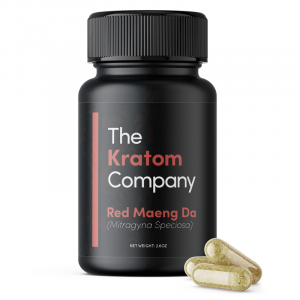 From $24.00Select options This product has multiple variants. The options may be chosen on the product page
From $24.00Select options This product has multiple variants. The options may be chosen on the product page -
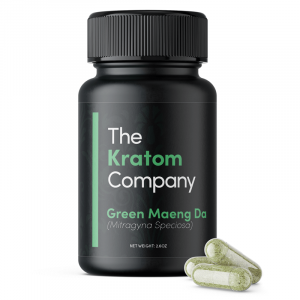 From $24.00Select options This product has multiple variants. The options may be chosen on the product page
From $24.00Select options This product has multiple variants. The options may be chosen on the product page -
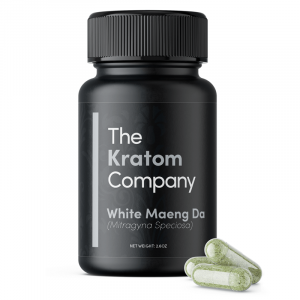 From $24.00Select options This product has multiple variants. The options may be chosen on the product page
From $24.00Select options This product has multiple variants. The options may be chosen on the product page
Explore More Posts
Product Search
Featured Products
-
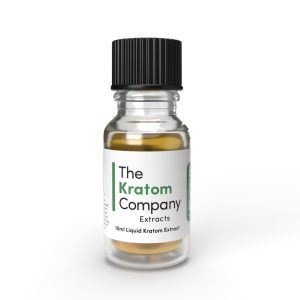 Pure Kratom Liquid Extract
Rated 4.72 out of 5From $20.00
Pure Kratom Liquid Extract
Rated 4.72 out of 5From $20.00 -
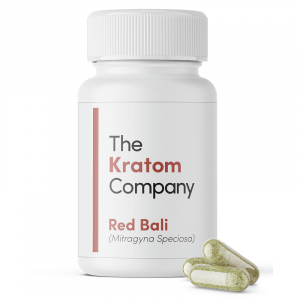 Red Vein Bali Kratom Capsules
Rated 4.70 out of 5From $24.00
Red Vein Bali Kratom Capsules
Rated 4.70 out of 5From $24.00 -
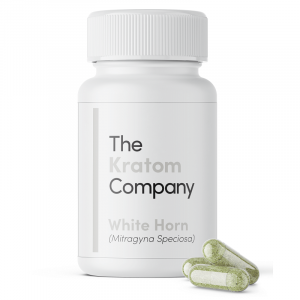 White Horn Kratom Capsules
Rated 4.88 out of 5From $24.00
White Horn Kratom Capsules
Rated 4.88 out of 5From $24.00
Follow Us
Strains
Blogs
NEWSLETTER
Sign up for our newsletter!

These statements and products presented on this website have not been evaluated by the Food and Drug Administration FDA. The products mentioned on this website are not intended to diagnose, prevent, treat or cure any diseases or health conditions. Therefore any information on this website is presented solely as the opinions of their respective authors who do not claim in any way shape or form to be medical professionals providing medical advice. The KRTM Company and its owners or employees cannot be held responsible for, and will not be liable for the inaccuracy or application of any information whatsoever herein provided. By purchasing our products you agree that you are aware and in compliance with your local county, state, or federal regulations. Must be 21 years or older to purchase Kratom. The US FDA has not approved kratom as a dietary supplement. We do not ship to the following states, cities and counties in the US where Kratom is banned: Alabama, Arkansas, Indiana, Rhode Island, Vermont, Wisconsin, Sarasota County, FL, Union County, MS, Denver, CO, San Diego, CA, and Jerseyville, IL.

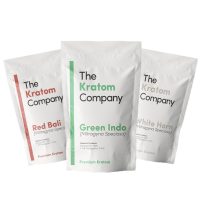




This Post Has One Comment
Great message at the end there. Only way to end this fight is to turn this into a responsible industry as a community.